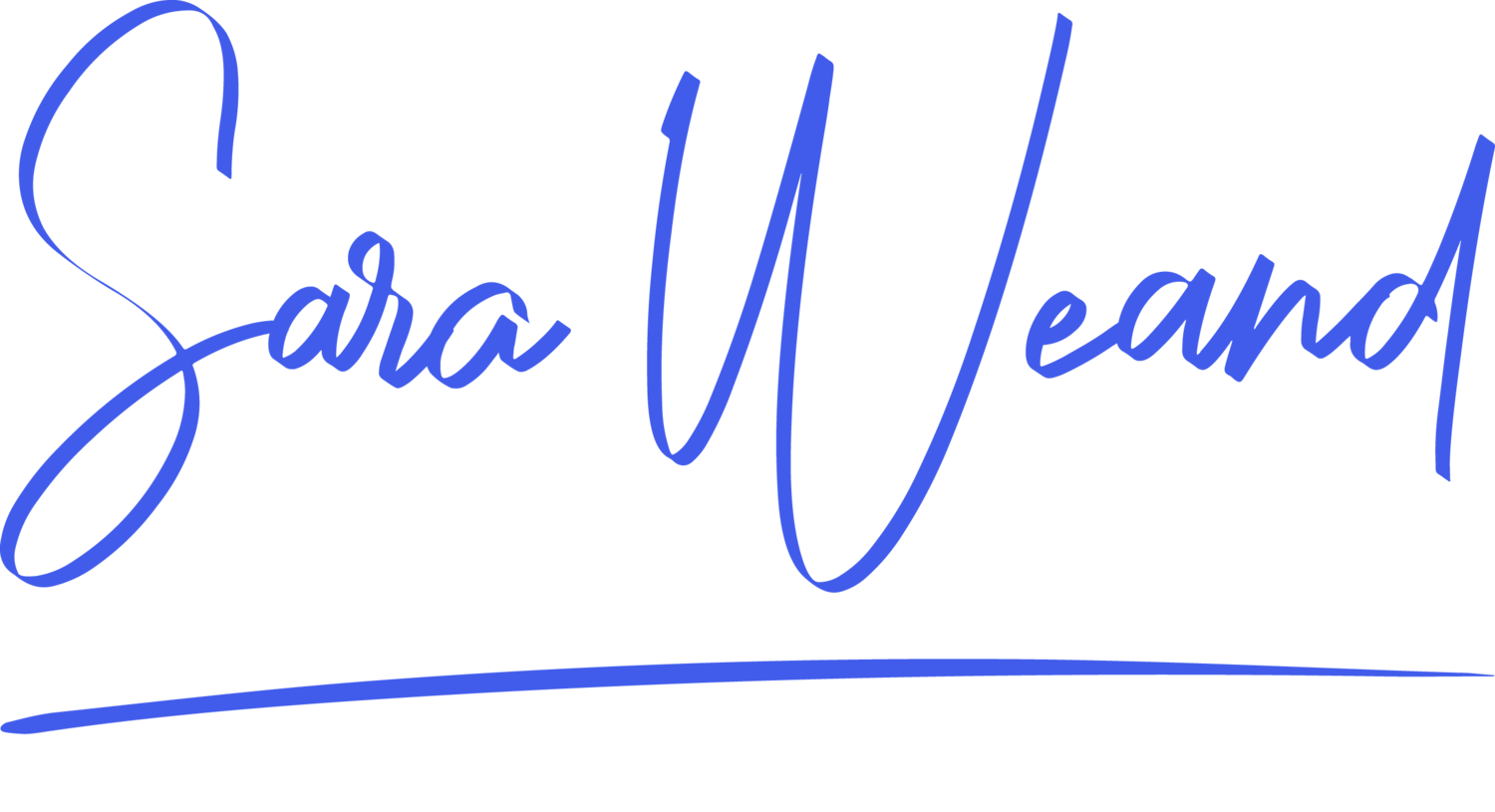Philadelphia DBT: Tolerating Painful Problems when Now in NOT the Time
/You’re in one of your graduate classes and it’s your day to present your research findings. You spent a lot of time preparing for this and you worked really hard. That’s when you see a text from your bestie. It said that she and her boyfriend had a huge fight and he left for the night. She said her mom came to be with her for support, but she really wants her best friend’s company. You are really worried about her.
What you REALLY want to do is help your friend right now. However, this research project is super important for your grade. Plus, you’re the next person scheduled to present.
Your friend’s mom is with her, so you know she’s not alone. Even though you know this, you really want to support her now. Is this the time to drop everything and help your friend?
Nope. It is not the time.
DBT & Using Distractions to Be Effective
While it’s necessary to pay attention to your emotions, in reality, there are some situations when it’s just not appropriate or effective to do so.
Sometimes the worst thing we can do is pay more attention to our problem. This is especially true when there’s nothing we can do about the problem right now.
Sometimes it’s totally ok and makes perfect sense to distract yourself from a painful, emotional problem. In fact, sometimes it’s the most effective thing to do.
When to use distraction?
When does it make sense to distract yourself?
When there’s a problem that is so painful that you can’t think clearly.
When you try to do something else, but you can’t because you keep thinking about your problem. In other words, your painful problem is interfering with everything.
When it isn’t the time to process your emotions.
When there are other important things that still need to get done (like in the example above).
Guidelines for using distraction.
Don’t use distraction when a problem has to be solved immediately.
Only distract for a certain period of time.
Know when it’s a good idea to use distraction. (i.e. not for avoiding things in your life that still need to be done.)
DBT & Using Distraction
The bottom line for distracting-
Distraction can be helpful because it puts some distance between you and your problem which is causing you misery. Having some distance for a short period of time will help you improve your ability to eventually solve your problem. Again, it’s absolutely essential to process your emotions, but there’s no point in being miserable all of the time, you know?
As the creator of DBT, Dr. Marsha Linehan said,
“Distracting’s like a vacation. We all sometimes need vacations.”
DBT & Distracting with ACCEPTS
Stay tuned, next week I’ll be giving you the deets on the DBT Distract Skill, using the acronym, ACCEPTS.
BPD Treatment in Philadelphia
Tired of your intense emotions causing you to act like a crazy person and ruining your relationships? Dialectical Behavior Therapy can help get you out of your personal hell. In my Philadelphia DBT therapy private practice, I provide a full, standard, outpatient, DBT program, including DBT therapy, individual DBT Skills Training, and DBT phone coaching.
Philadelphia DBT Therapy
As a DBT therapist, I know that your emotions, relationships, and life feel out of control. In my private DBT therapy practice, I provide online Dialectical Behavior Therapy for the treatment of Borderline Personality Disorder and anxiety. For your free consultation for Dialectical Behavior Therapy click HERE.






Been in therapy or counseling before and it didn’t help? Check out why DBT in Philadelphia may be right for you.